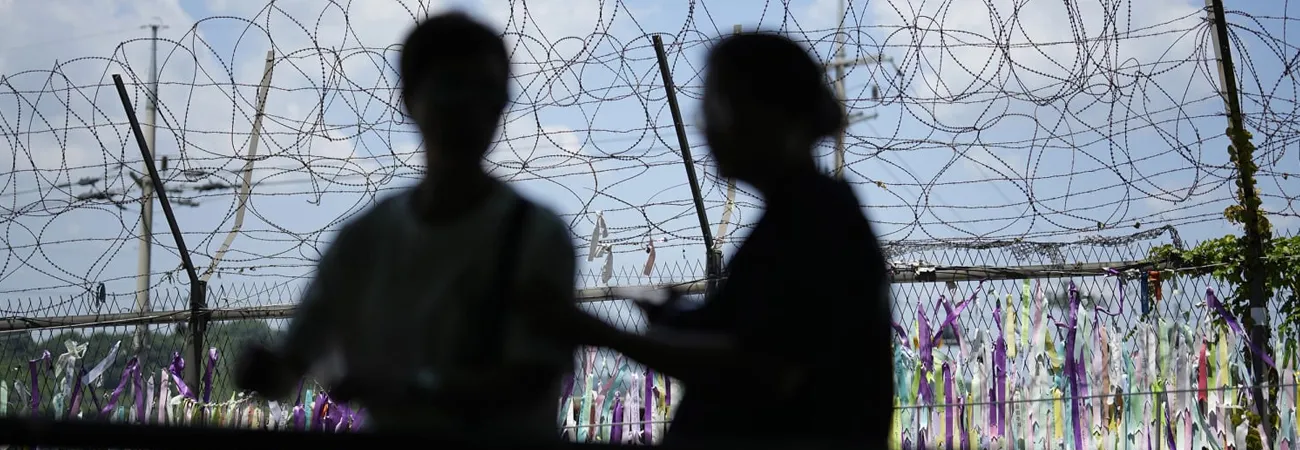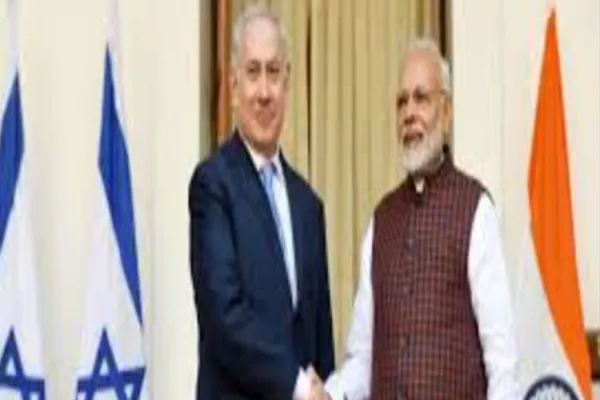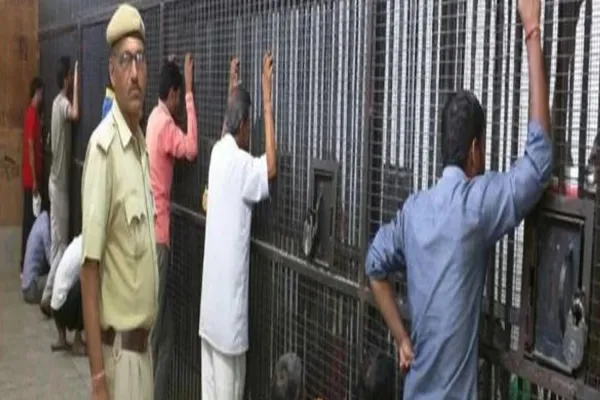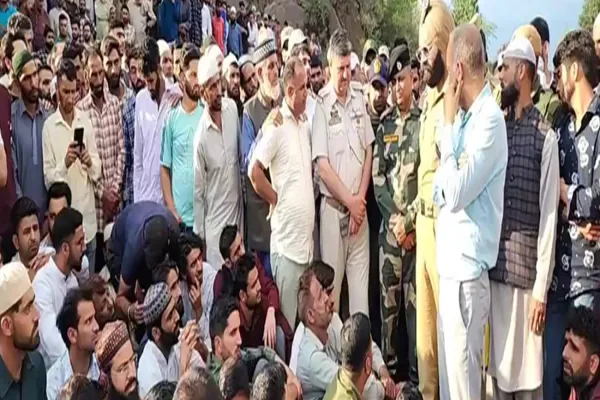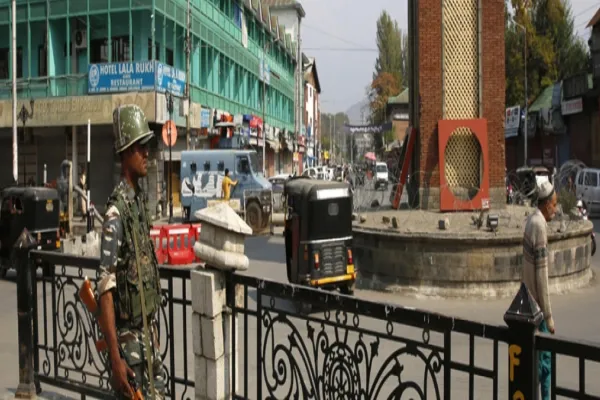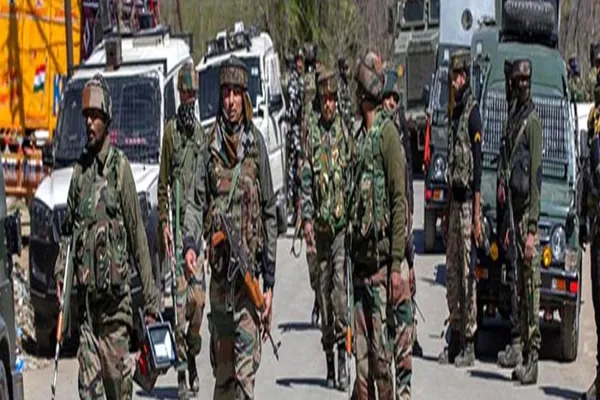i NEWS INTERNATIONAL
South Korea will begin deploying drone-melting laser weapons designed to shoot down North Korean UAVs this year, the country's arms procurement agency told media Friday. The new laser weapons -- dubbed the "StarWars Project" by the South -- are invisible and noise-free, require no additional ammunition, operate solely on electricity and cost only about 2,000 won ($1.45) per shot, according to the Defense Acquisition Program Administration (DAPA). The "Block-I" system, developed by Hanwha Aerospace, will be "put into operational deployment in the military this year", Lee Sang-yoon, a DAPA official, told media. The two Koreas remain technically at war because the 1950-53 conflict ended in an armistice, not a peace treaty. In December 2022, Seoul said five North Korean drones crossed into the South, the first such incident in five years, prompting its military to fire warning shots and deploy fighter jets, but they failed to shoot any of them down.
The South's "ability to respond to North Korea's drone provocations will be significantly enhanced" by the laser weapons system, DAPA said in a statement Thursday. It has successfully achieved a 100 percent shoot-down rate in previous tests, and with future improvements, it could become a "game-changing" weapons system capable of countering aircraft and ballistic missiles in the future, DAPA said.
- 'Weapon of the future' -
The "StarWars" system -- a "weapon of the future" according to official Lee -- neutralises targets by directly hitting them with laser light generated from optical fiber. "When a laser weapon transfers heat to a drone, its surface melts. As the surface melts, the internal components catch fire, causing the drone to eventually fall," Lee informed. "This laser weapon uses electricity, so simply increasing the output allows it to travel at the speed of light," he said. "Laser weapons can travel even further in space where there is no air," which gives it a significant advantage over conventional weapons, he added. But some analysts said it was too early to be sure about the weapon's capabilities.
"Laser weapons have not yet been put to practical use worldwide, and further verification and more time are needed to determine whether they can be utilised as a practical weapon system," Hong Sung-pyo, senior researcher at the Korea Institute for Military Affairs, said. "Laser weapons also have an operational range. While it may be possible to shoot down (North Korean) drones that come within this range, it is difficult to target those that are outside of it," he added. Relations between the two Koreas are at one of their lowest points in years, with Pyongyang ramping up weapons testing as it draws ever closer to Russia. After Pyongyang sent multiple barrages of trash-carrying balloons across the border, Seoul last month fully suspended a tension-reducing military deal and resumed live-fire drills on border islands and by the demilitarised zone that divides the Korean peninsula.
Credit: Independent News Pakistan (INP)



